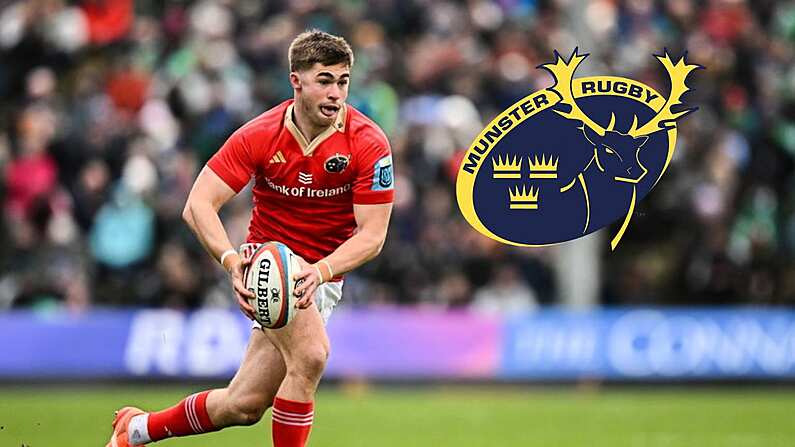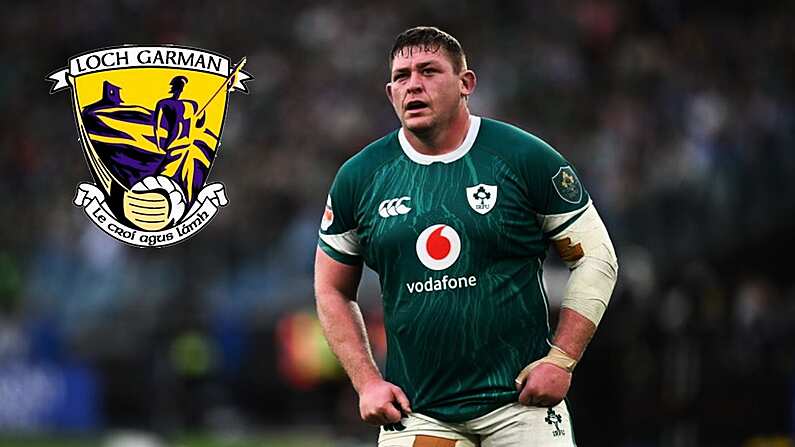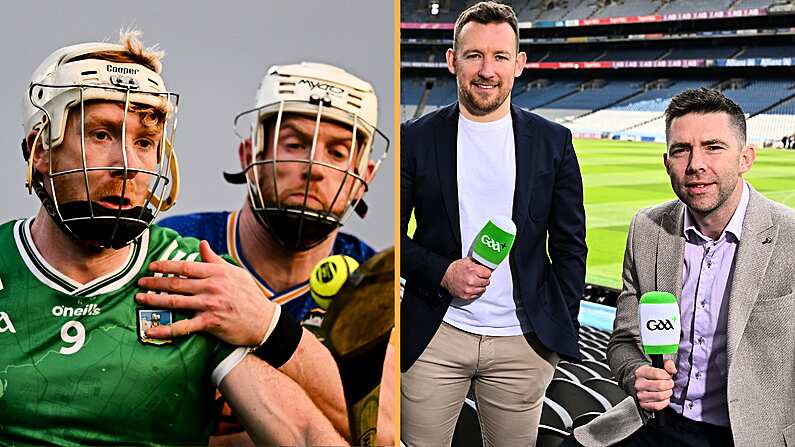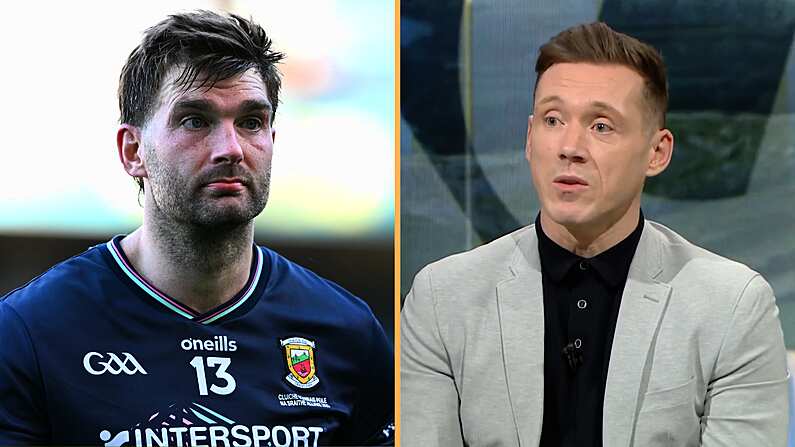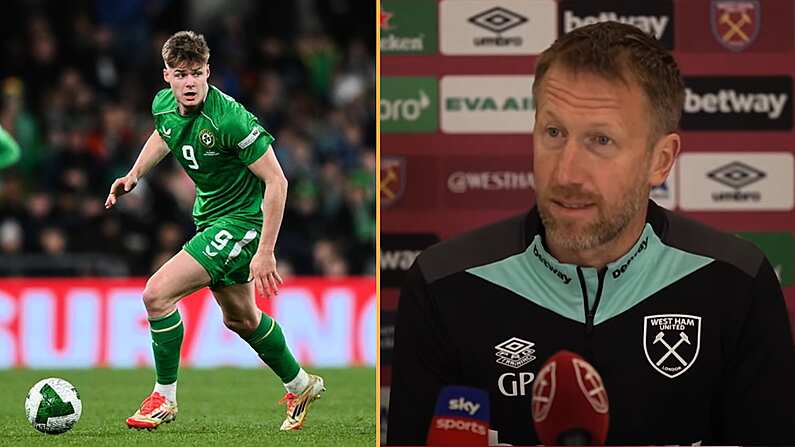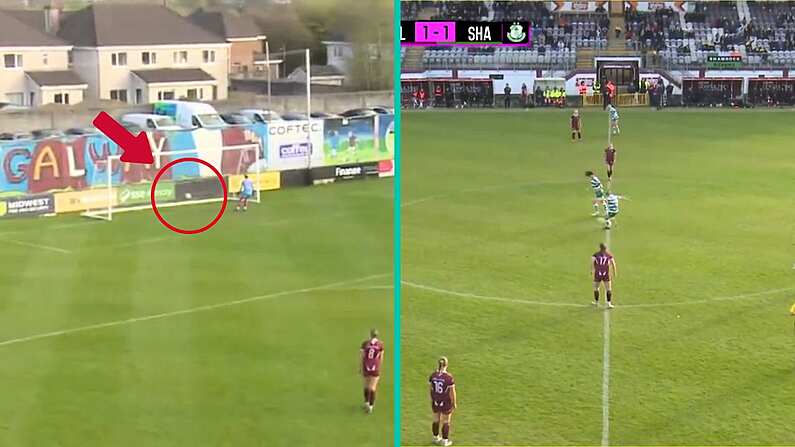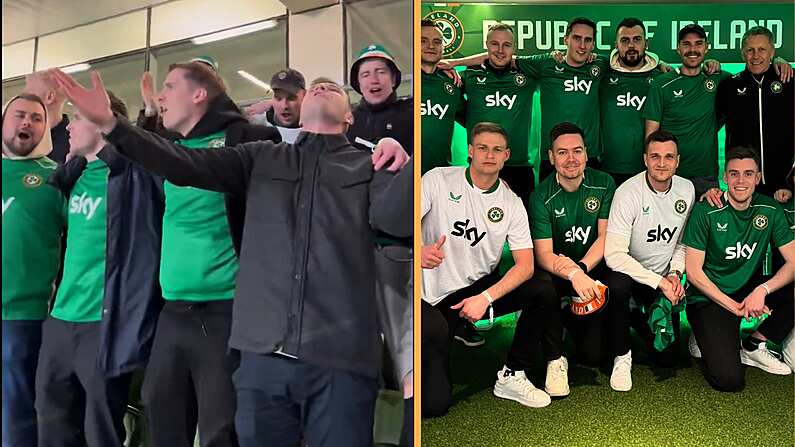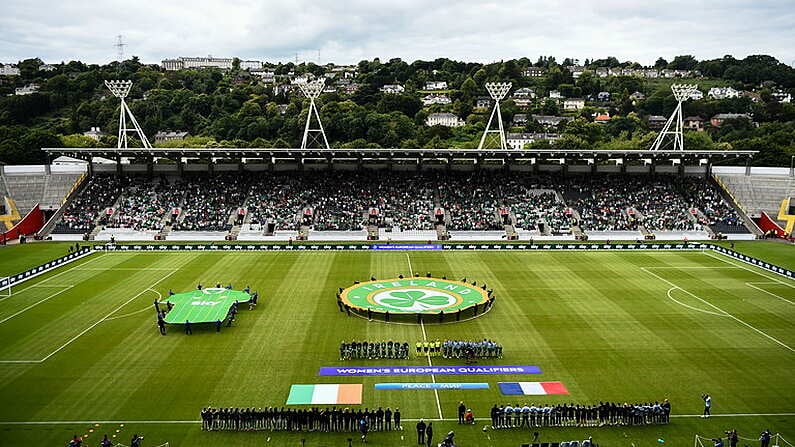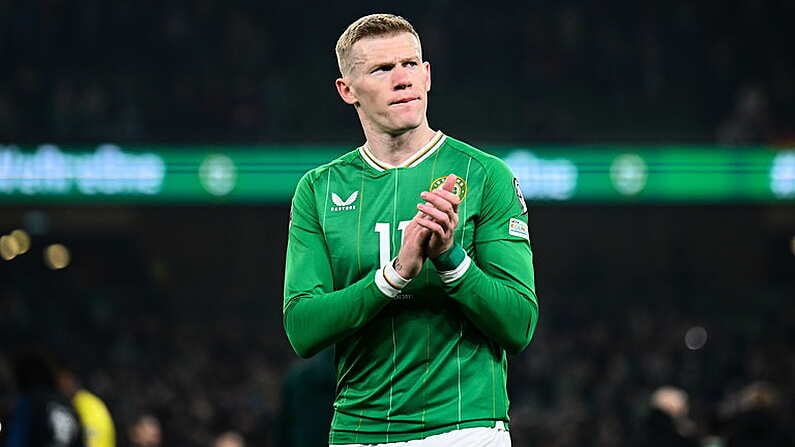In an ideal world, sport and politics should be like water and oil: one supported by the other, but separate and never mixed. The last couple of weeks have exposed this utopian thinking: Donald Trump and the Spanish government poured petrol on the flames of peaceful protests, and thus the images of kneeling NFL players and a weeping Gerard Pique went around the world.
A new book by Liverpool journalist Simon Hughes, entitled On The Brink, shows just how intractable the enmeshing of sport and politics is. Hughes travels across England's cradle of football, the northwest, to tell the stories of a footballing landscape united by the game. But across places like Carlisle, Barrow, Tranmere, and Morecambe, football unites only in engendering frustration. As Hughes tells Balls:
I didn't go into it with the aim of uncovering frustration. But when you meet people, they are the kinds of conversations that flow. It did surprise and shock me just how people inside football are angry with how the game is governed, and the pressures that they now face.
I just wanted to put everything in one place, to show how football at the top affects football at the bottom. I thought it was important to document it at this particular time. I didn't go in with a title, that as what I came up at the end: everybody feels on the brink of something, be it a great glorious period or the worst period a club could ever experience.
It is impossible not to read the tribulations of the lower-league clubs under focus in the book outside of the context of the economic inequality that defines Britain today.
Never before has English football been so laden with riches, and yet myriad lower league clubs are gasping for air. Accrington Stanley manager John Coleman, for example, has to reserve a portion of his energies for admonishing players who spit out their Lucozade Sport, and had to tell the local paper about a stolen toaster so as to avoid the buying of a replacement leaving a dent in the monthly budget.
The book does look at those at the higher end of the food chain - it features interviews with Sean Dyche and Jurgen Klopp - but it is at its best when visiting those on the margins, illustrating the social issues faced by those whose clubs are treading water, be it Carlisle's destruction by floods, or Barrow's being forced into the arms of impervious to Tories as Labour's plan to abolish the Trident programme could wreak economic catastrophe.
Among the consistent threads throughout the book is a fierce anger at the Premier League, with virtually all of the lower-league interviewees using the Premier League as the comparison for misperceptions over just how difficult life is at the bottom.
The Barrow chairman Paul Casson, for example, refers to his £2 million investment as "ten minutes of Wayne Rooney's salary".
The spectre of the Premier League elite consistently gnaws away at those struggling to survive, and not merely the reality of the chasm between respective incomes. The Jamie Vardy success story pops up across the book, but Vardy's tale of ascending from non-league to Premier League winner and English international has become an inversion of the most-tread path. Today, thousands of footballers go the other way, as young footballers drop out of Premier League academies and hurtle through divisions disillusioned.
People see the Premier League as the turning point for football, but what is underestimated in its profound impact on football is the Academy Generation. Michael Calvin has written a book about that and it's fascinating (No Hunger in Paradise), but it struck me that every footballer that plays the game now - at every level - has been touched by Academy football. It particularly affects non-league. Pretty much every player who plays non-league now has played academy football, so that means they are on the way down, rather than the way up.
They don't really love the game in the way that non-league players did ten, or maybe even five years ago. There needs to be big changes as to how clubs recruit players, and I think the academy system has failed the game miserably.
There would be a lot of pride for local teams, but now a lot of players are dropping down into the non-leagues and are disillusioned. This isn't what they were buying into.
Amateur and part-time football thrives on passion, desire, and pride, because there is virtually nothing else to fuel itself on. As Hughes points out, players who had been cosseted within Premier League structures can find it tough to acclimatise to the secluded, haggard frenzy of the lower leagues. Their levels of fitness and preparation are also causing older players in those leagues to quit the game earlier, adding further intransigence to the game. Hughes calls on the top clubs to do more to protect these young footballers but admits that "the football clubs are worried about missing out on the next big player, they are losing sight of the welfare of the players. It is dangerous and sad that it has gone this way".
Their levels of fitness and preparation are also causing older players in those leagues to quit the game earlier, adding further intransigence to the game. Hughes calls on the top clubs to do more to protect these young footballers but admits that "the football clubs are worried about missing out on the next big player, they are losing sight of the welfare of the players. It is dangerous and sad that it has gone this way".
Hughes talks to Mark Palios, a former CEO of the FA, is now running Tranmere Rovers in non-league, and Palios explains how the gap between the haves and the have-nots are only ever going to widen:
The one big flaw in football, when you live in a capitalist financial system, the aim is to beat the competition. So the idea that the clubs would be sympathetic to each other and help each other out wouldn't work in what has become a gross form of a capitalist system.
Sport's purpose should really be as a release valve, as a form of escapism from the turgid realities of economics and politics. Instead, it lends itself better to a microcosm of these ills, and the book naturally strays into direct reference with the most seismic articulation of the economic inequality of recent times: the Brexit vote.
Jurgen Klopp amusingly recalls how he heard of the vote prior:
It was last summer. I was on holiday. I woke up in the morning. The European Championships were being played in France. We had friends in the house. I walked into the kitchen and someone said, 'England is out'. I thought, good, our boys will be back for pre-season...In this moment, I had forgotten that England did not have a game. It was a one-second reaction. Suddenly, 'What?' I could not understand.
Hughes speaks to Danny Grainger of Carlisle in the opening chapter of the book, who ponders "whether the perception of the Premier League impacted in some way when football supporters went to the ballot box in the smaller cities and towns where clubs have less money".
I put this to Hughes, who says that while this is "not an absolute rule", it did manifest itself in pockets of the northwest:
In terms of Bury, Rochdale, Oldham, where the teams are subject to financial hardship and are having to compete with the big Manchester clubs for attention, they were looking to leave the EU. People are always looking for black and white conclusions, but there is definitely an underlying feeling of hostility to the Premier League in these places.
On The Brink: A Journey Through England's North West is published by DeCoubertin Books and is available now.
See Also:


